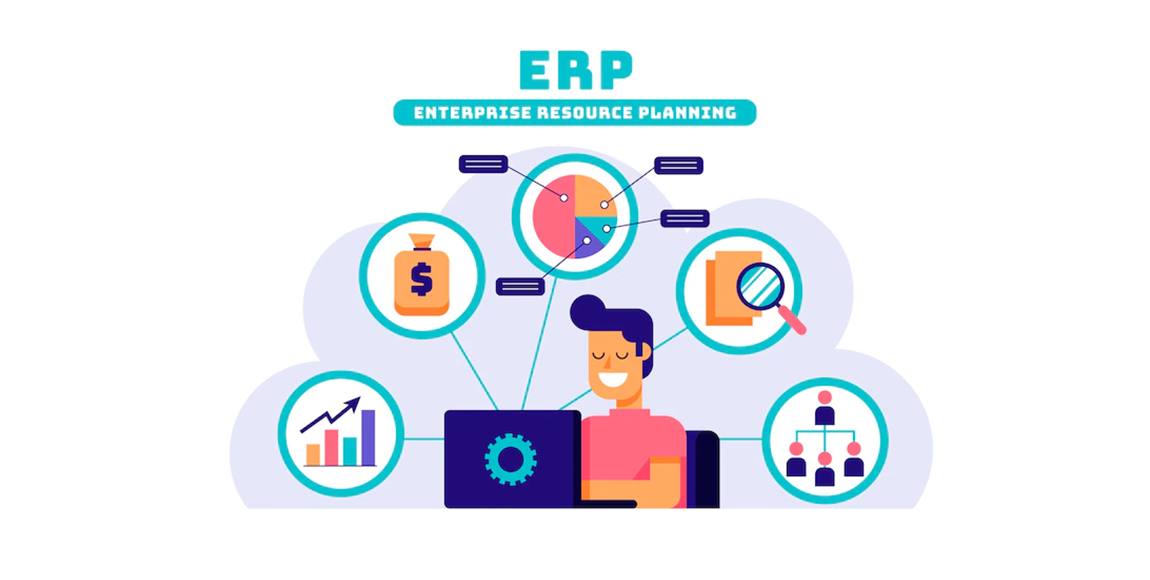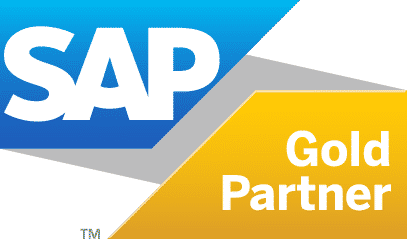
Companies that choose SAP have a variety of options available to them. The implementation of SAP calls for a systematic methodology. The implementation of SAP in an organization can follow one of several different roadmaps, depending on the nature and complexity of the company’s business processes and norms and the political and environmental factors at play. Because of the diversity of these requirements, several distinct kinds of SAP projects have evolved.
Different Categories of SAP Projects
Let’s delve deeper into the specifics of a few different SAP project kinds.
Big Bang Project
One of the goals of this kind of project is to launch all of the modules simultaneously across all of the departments. For the whole breadth of the company’s financial and logistical business activities, the SAP implementation life cycle is followed from beginning to end.
Because only one implementation lifecycle needs to be carried out, this strategy can be utilized for low-complexity implementations and by smaller enterprises to keep expenses to a minimum. On the other hand, the need for preparation is heightened, and there is a greater chance that significant benchmarks and deadlines will be missed.
Construction in Stages
A phased project is an alternative to the “Big Bang” technique. This strategy involves identifying which modules will be executed in the initial phase. A collection of modules is chosen to be implemented in an initial phase, and then other integrations are added later.
For instance, a company may choose to implement financial and analytical modules in the first phase of the project, such as Finance (FI), Controlling (CO), and Human Capital Management (HCM). The company may then decide to plan a second wave to incorporate logistics modules, such as Materials Management (MM), Production Planning (PP), and Sales & Distribution (S&D) (SD). They might decide to develop add-ons, interfaces, or reporting tools during the third phase of the process.
The phased method will involve several full implementations, one corresponding to each step. This results in a lengthier implementation timetable and, as a result, higher costs; nevertheless, in the long term, there is a significantly reduced risk and more consistent performance.
Project for Rolling Out
A project is considered a rollout if it involves the definition and implementation of centralized processes at a central office, followed by their cascading or deployment at several subsidiaries. As an illustration, a corporation might start the rollout of SAP at its corporate headquarters.
The extensive bang method or the phased approach could be used for this initial implementation. When the implementation at the head office has reached a stable state based on company-wide business procedures and best practices in the industry, this becomes the standard. A rollout of implementation similar to this one is performed on other business entities.
A rollout project begins with the company’s headquarters’ definition of a global template or business blueprint design document. Changes are then implemented through the process of localization. Processes are set centrally, and throughout the rollout, improvements that are specific to each country are implemented.
Every nation has its tax and customs laws and legal rules, collectively referred to as “statutory requirements.” Every legal entity that is registered in a business must comply with the statutory requirements of the nation in which it is based.
A rollout project does not involve evaluations of both the current and desired future state. The to-be is defined as centralized, and the rollout team is responsible for identifying any cultural or legal adjustments. The configuration might be handled by a centralized team working by a predetermined procedure. Change requests are used to make adjustments to comply with regulatory requirements, and the remaining steps of the implementation lifecycle are carried out in a “lift-and-shift” method.
Upgrade Project
Like any other software, application, or operating system, SAP will routinely issue updated versions and wholly new ones. “Enhancement Packs” are a term that describes updates made to previously released versions. During off-peak hours, the technical crew may be the only ones allowed to execute any necessary updates or maintenance. Available updates may include more features or make older features or transactions useless. As a result, implementing a functional update will require a smaller-scale project.
A comprehensive upgrade effort is required to update a new SAP version. When doing a technical update, it is necessary to include any necessary adjustments to the newly created environment. When a functional upgrade is performed, the previous version of SAP is referred to as the legacy system. This type of update may be termed a Brown Field implementation. In either scenario, exhaustive testing is necessary to ensure the production environment’s proper operation and the product’s uninterrupted delivery to end customers.
Construction of an Extension
As a firm expands, there is potential for SAP expansion initiatives. A rollout project or an extension project with fewer features might be chosen instead, depending on the size of the undertaking. The following are some examples of situations in which an expansion project is warranted:
- The organization has either established or purchased a new business operating within the same market sector (i.e., an airline merger)
- The organization has created a new legal entity and moved its headquarters to a different place (i.e., a new hotel opens)
- The corporation has recently established a brand-new manufacturing facility, which necessitates the establishment of a new plant for logistical planning and allocation.
- Several criteria determine the type of project that should be conducted in the organization. At least one component of the implementation approach is utilized in every SAP project category. We hope that by reading this information, you will better understand the many kinds of projects and how to design your project to succeed.
About Us:
Highbar Technocrat Limited, an SAP Gold Partner, helps clients in India and abroad to help them manage change. Highbar adopts an integrated approach to help you rethink your business with high agility and efficiency. At Highbar, we see disruption as an opportunity to help clients transform their businesses with granular solutions. Handling change requires confidence in decision-making, and Highbar enables this confidence in clients.
Our forte offers digitally integrated solutions for the Infrastructure, EC&O, Real Estate, Mining, Oil & Gas, Power, Smart Cities, Government, Manufacturing sectors, and much more. Our domain expertise, combined with the ERP helps clients become intelligent enterprises and highly receptive to customers’ needs. With our strategic alliances, we help clients transform
business operations, leverage data, and integrate sustainability to match the speed of change.
For further information, don’t hesitate to contact us by email at enquiry@highbartech.com or call at +91 89767 11399.




